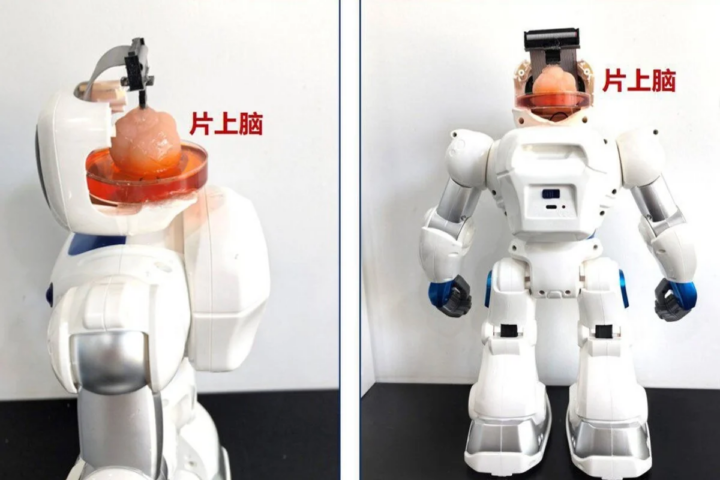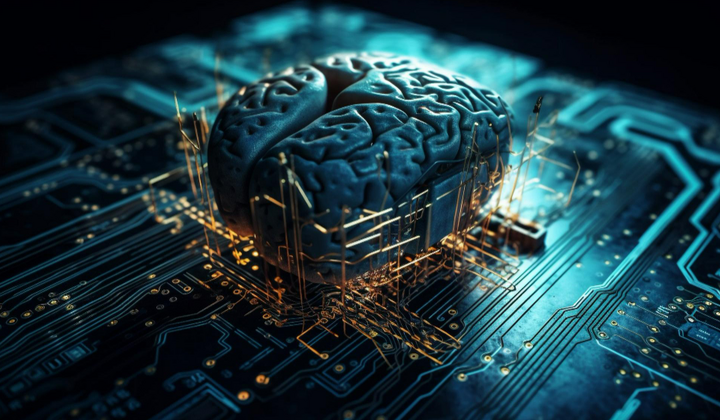Chinese scientists have developed a robot powered by a lab-grown artificial brain, which can be taught tasks like obstacle avoidance and object manipulation.
This brain-on-chip technology, created by researchers at Tianjin University and the Southern University of Science and Technology, integrates brain organoids—tissue derived from human stem cells—with a neural interface chip, according to SCMP.

This innovation is a part of brain-computer interface (BCI) technology, which aims to link the brain’s electrical signals with external computing power.
BCIs allow you to control an application or a device using only your mind. Recently, Elon Musk’s Neuralink has implanted a chip in a living human brain, and the human is able to control a computer mouse, play chess and Civilization VI using only his mind.
China has prioritised BCI research, and this development is considered the world’s first open-source brain-on-chip intelligent system, potentially revolutionising brain-like computing.
Brain organoids are made from human pluripotent stem cells, which can develop into various tissues, including neural tissues. When grafted into the brain, these organoids can form functional connections with the host brain.
Despite challenges like low developmental maturity and insufficient nutrient supply, the team at Tianjin University improved neuron differentiation and network formation using low-intensity ultrasound treatment.
The technique could also lead to new treatments for neurodevelopmental disorders and cerebral cortex damage by replacing lost neurons and reconstructing neural circuits.
In tests on a mouse model of microcephaly—a neurodevelopmental disorder characterised by reduced brain and head size—ultrasound-treated brain organoids alleviated defects.
This non-invasive treatment could enhance neural network formation and maturity, providing a better foundation for computing systems.










